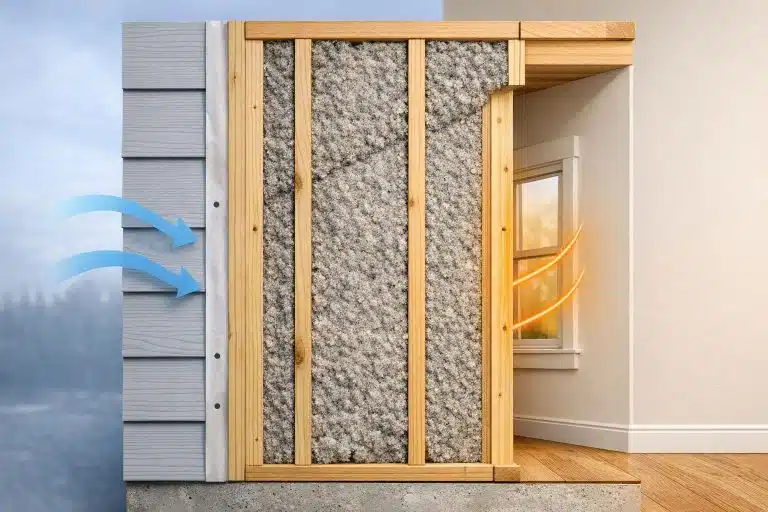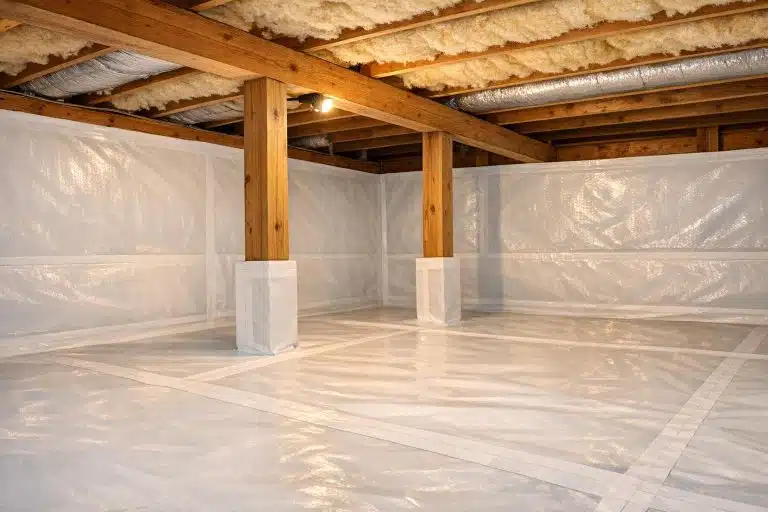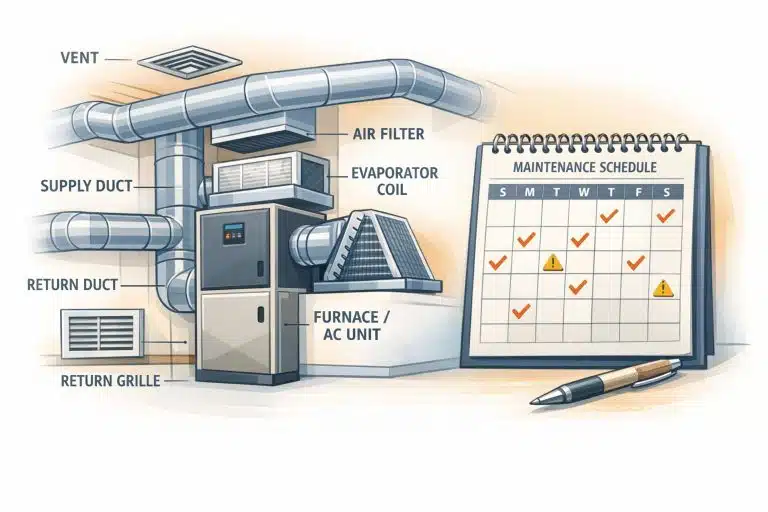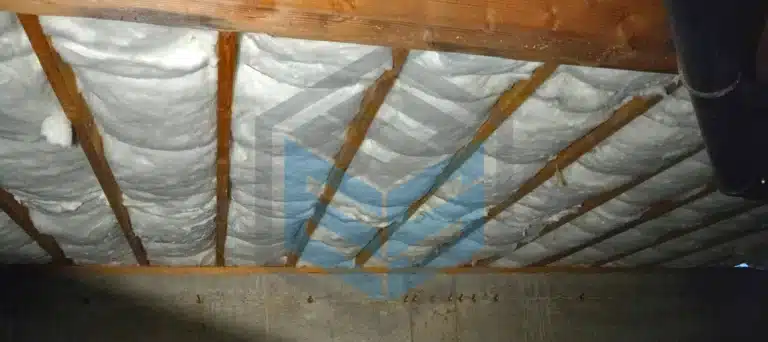Imagine entering your home after a long day of work. Everything should be in order – that’s what you wish for, and all you want to do is relax, unwind, and get ready for another day. However, as soon as you get inside, you’re hit with the unmistakable, pungent smell of cat pee.
Obviously, you can’t stand it. It’s quite repulsive and you want to get rid of it as soon as possible. You’d be surprised how many people complain with frustration, “I smell cat pee but can’t find it!” If you can relate to it, you’re certainly not alone.
We’re here to help you find solutions to this problematic issue. Read on to find out how to find cat pee smell and get rid of it for good.
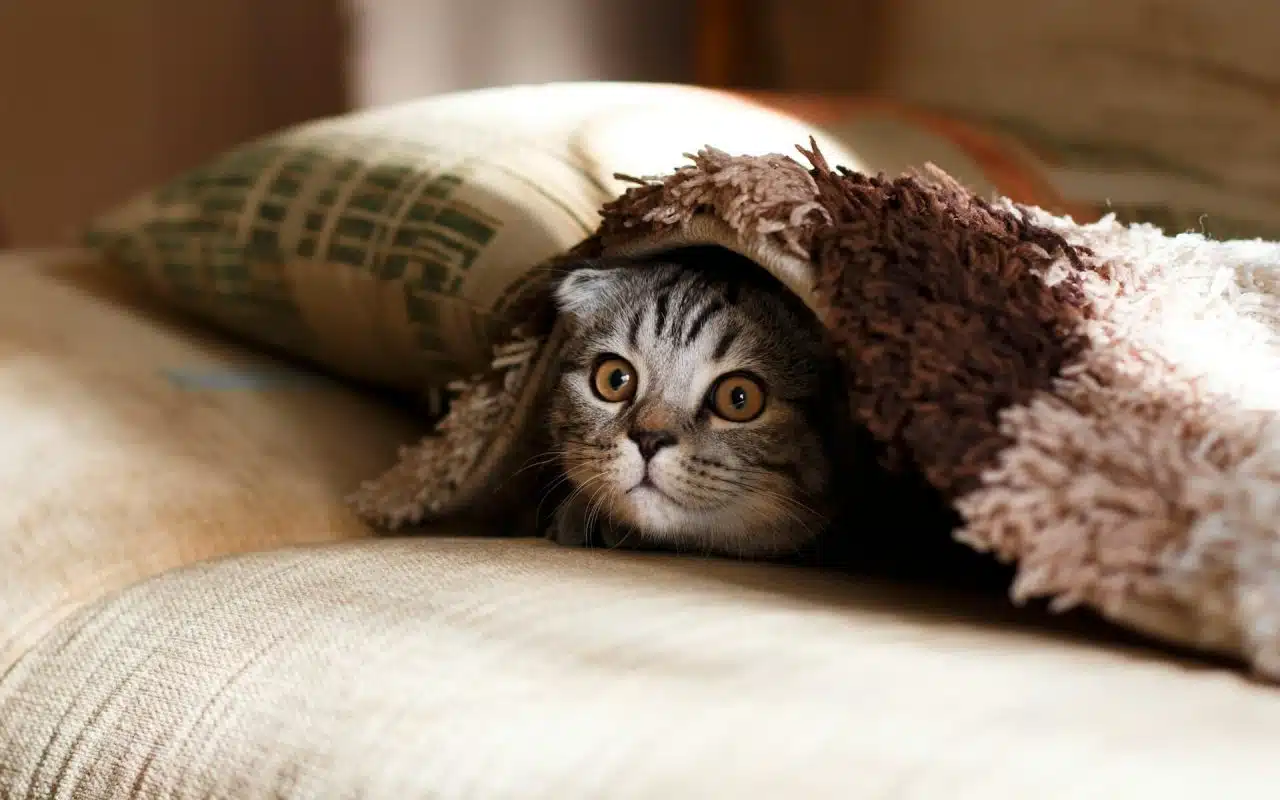
Why Does My House Smell Like Cat Pee?
If you’re a cat owner and your whole house smells like cat pee all of a sudden, chances are your cat did its business outside the litter box. Sometimes, the smell can be so bad you’d think you need a professional team to help you get rid of it! There are several reasons why your feline friend might have done so.
- Accidents – Even a trained cat might urinate outside their litter box. It can happen due to some behavioral problems or might indicate an underlying health issue.
- Marking behavior – Cats may resort to spraying or urinating outside of their designated litter boxes in order to express their territorial instincts. This behavior can be triggered by various factors such as stress, environmental changes, or the presence of other animals.
- Dirty litter box – Some cats won’t use their litter box if it’s not up to their standards. Empty the litter box regularly and check it during the day – keep it squeaky clean for your cat!
- Incomplete cleanup – if you keep smelling cat pee all the time after your cat has an accident, chances are you haven’t handled it correctly. If you don’t clean cat pee properly, the ammonia it contains could actually intensify the odor rather than fade away.
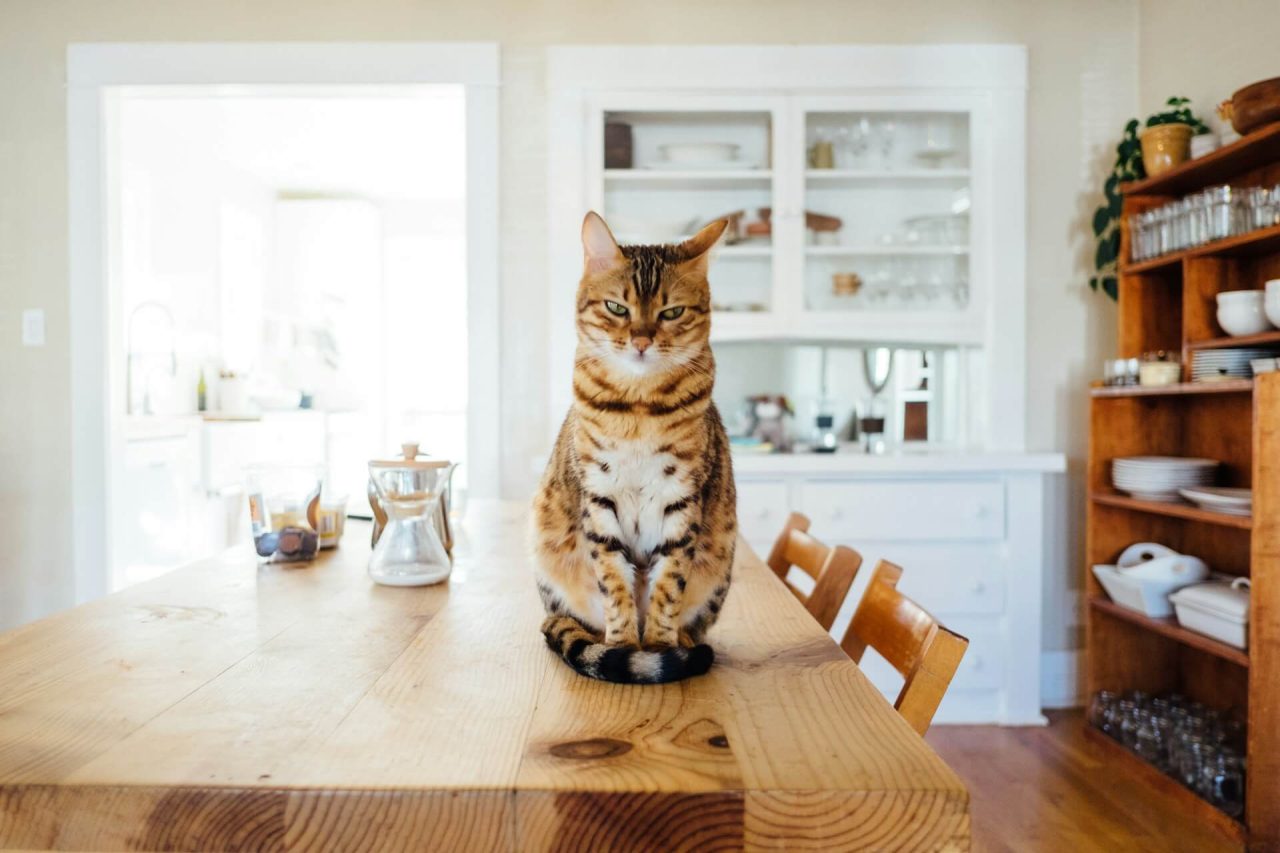
Smells Like Cat Pee But No Cat?
The examples we covered above apply to proud cat owners only. “All right,” you might say, “why does it smell like cat pee in my house if I don’t even have a cat?” Now that’s an entirely different story.
The cat pee smell is highly distinct. However, you’re certain there are no cats in your house, and there’s no way a stray or a neighbor’s cat could have gotten in. So, what smells like cat urine but isn’t? Here’s a list of potential culprits.
Air Conditioner Leak
To keep things nice and cold, refrigerators, heat pumps, and air conditioners rely on a gas called freon. However, if there’s a leak in the refrigerant, you may find that your room smells like cat pee.
If you catch a whiff of cat urine but are certain your feline companion isn’t the culprit, a freon leak tester can be a game-changer. This handy tool can help identify and eliminate the potential source of the odor. And, in case you find a leak in your house, you need to reach out to an HVAC expert, get your AC repaired and have your HVAC ducts cleaned to get rid of that smell for good.
Sewer Gases
If you’re wondering what can smell like cat pee when you don’t have a cat, sewer gases might be the answer. These gases can find their way into your home for various reasons, such as:
- Dry traps: Your home could be equipped with what we call a “trap” – a nifty feature designed to always hold a small amount of water in every drain, including sinks, showers, and toilets. This water acts as a barrier, effectively preventing sewage gases from making their way into your living space. However, if a trap dries out, the protective barrier is compromised, and those pesky gases may find their way into your home through the drain.
- Ventilation problems: A ventilation system should be a vital part of your home as it’s designed to block sewer gas emissions. If you’re having ventilation problems and could’ve done some repairs a long time ago, sewer gases might accumulate and, over time, get past that barrier inside your home.
- Leaky seals: The seals in your drains can break down over time, providing an escape route for those unpleasant sewer gases. Regular inspection and maintenance of your drainage system can help identify and fix any deteriorating seals, preventing unwanted odors from infiltrating your living space.
Dead Rodents
You could be asking yourself, “Why do I randomly smell cat pee at home?“ and be unable to pinpoint the source. Consider the possibility of a deceased animal hiding in your house. Rats or mice, in particular, have a knack for squeezing into tight spaces like walls or under floors. As such, finding them is quite difficult.
In such cases, reach out to a professional to assist you in locating and safely removing any deceased rodents and animals that might be lingering within your home. It’s a quick, safe and efficient solution that will keep your home odor-free.
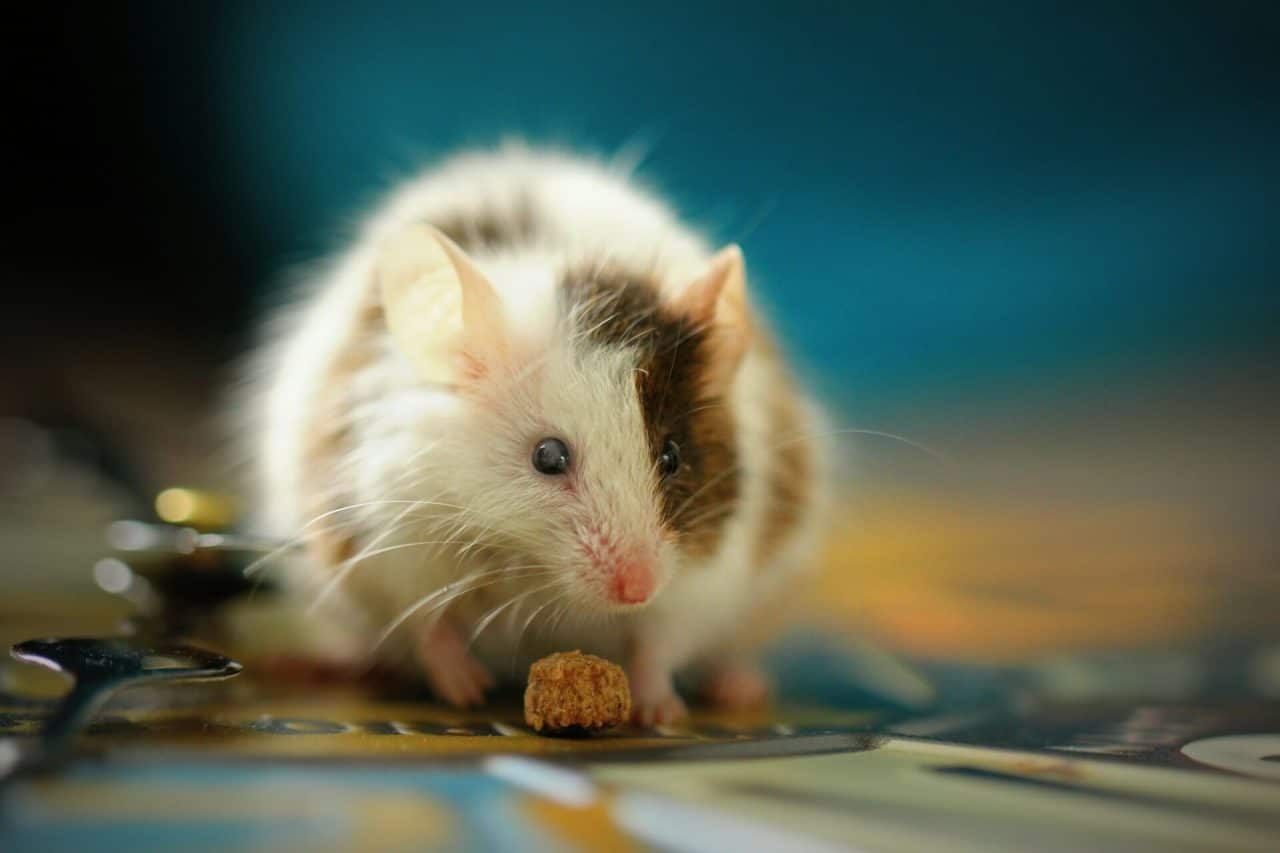
Can Mold Smell Like Cat Pee?
We haven’t talked about one culprit (besides your cat) that can make your house smell like cat pee. If you keep smelling cat pee all the time but you have eliminated other causes, chances are you have a serious mold problem on your hands.
In the natural environment, you’ll always find some mold spores which, under normal circumstances, are not particularly harmful. However, black mold poses a potential danger as it can weaken the immune system and increase the probability of developing asthma. It can also be dangerous to pets.
If your house smells like cat pee but no cat is present, look for the signs of black mold. It tends to grow under sinks, in attics, basements and crawl spaces, and near unsealed windows.
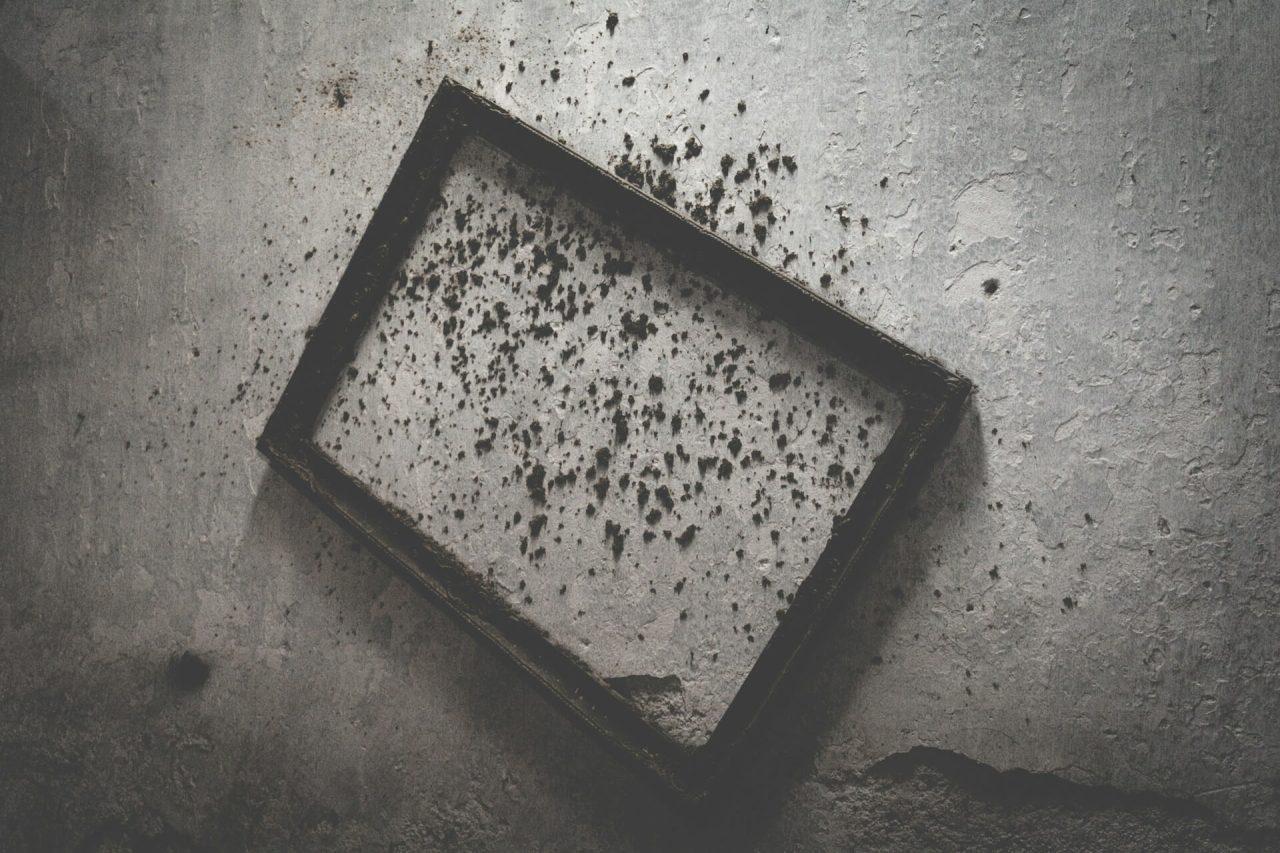
How to Find Cat Pee Smell?
If your house smells like cat pee, you need to find the source of the smell and identify the cause. Your cat might be the culprit – but, in case you don’t have one, you might have a serious problem to deal with, like high moisture or mold.
Here’s what you can do to find the source of cat pee smell in your house.
Use Your Nose
Rely on your sense of smell and look for the place that gives out the strongest odor. It could be a wall, an AC vent, a spot on your floor, or any room in your house that has poor ventilation.
If you have a cat, examine the rugs, carpets and furniture, as well as spots in which your cat likes to hang around. In case there have been some litter box accidents, check out these spots as well.
Examine the Walls and Vertical Surfaces
Check out the walls for mold or water leaks. If you’re a cat owner, pay attention to walls and furniture – your cat could have sprayed urine on them.
Use a UV Blacklight
Is the source of the cat pee smell in the house impossible to find? Here’s a trick that might just shed some light on the issue – literally. At night, switch off all the lights and switch on a blacklight. Shine the light on suspicious surfaces in your house, and make sure to check the corners and edges of carpets and flooring.
The ultraviolet rays of a blacklight reveal the chemicals responsible for the cat urine odor, creating a glowing trail that leads straight to the source. This method isn’t just about the recent mishaps; it can show you spots and pet stains you might not have even known existed.
I Smell Cat Pee But Can’t Find It – Final Thoughts
You could be smelling cat pee at home while not having a cat. Now you know what else might be causing it – and there are quite many culprits to speak of!
Understanding these causes is the key to not just eliminating the unpleasant odor but also ensuring a healthy and comfortable environment for you and your pets.
Remember, tackling issues like mold, AC leaks, or hidden pests may require professional assistance. If the DIY methods fall short, don’t hesitate to call in experts to get to the root of the problem.
For a comprehensive solution and expert guidance, choose the services of EnviroSmart Solution Inc. Our team specializes in identifying and resolving indoor environmental issues. We’ll help you get rid of unwanted odors and maintain a clean, healthy home for years to come.
Don’t wait until things get worse – contact us today and book a visit!




